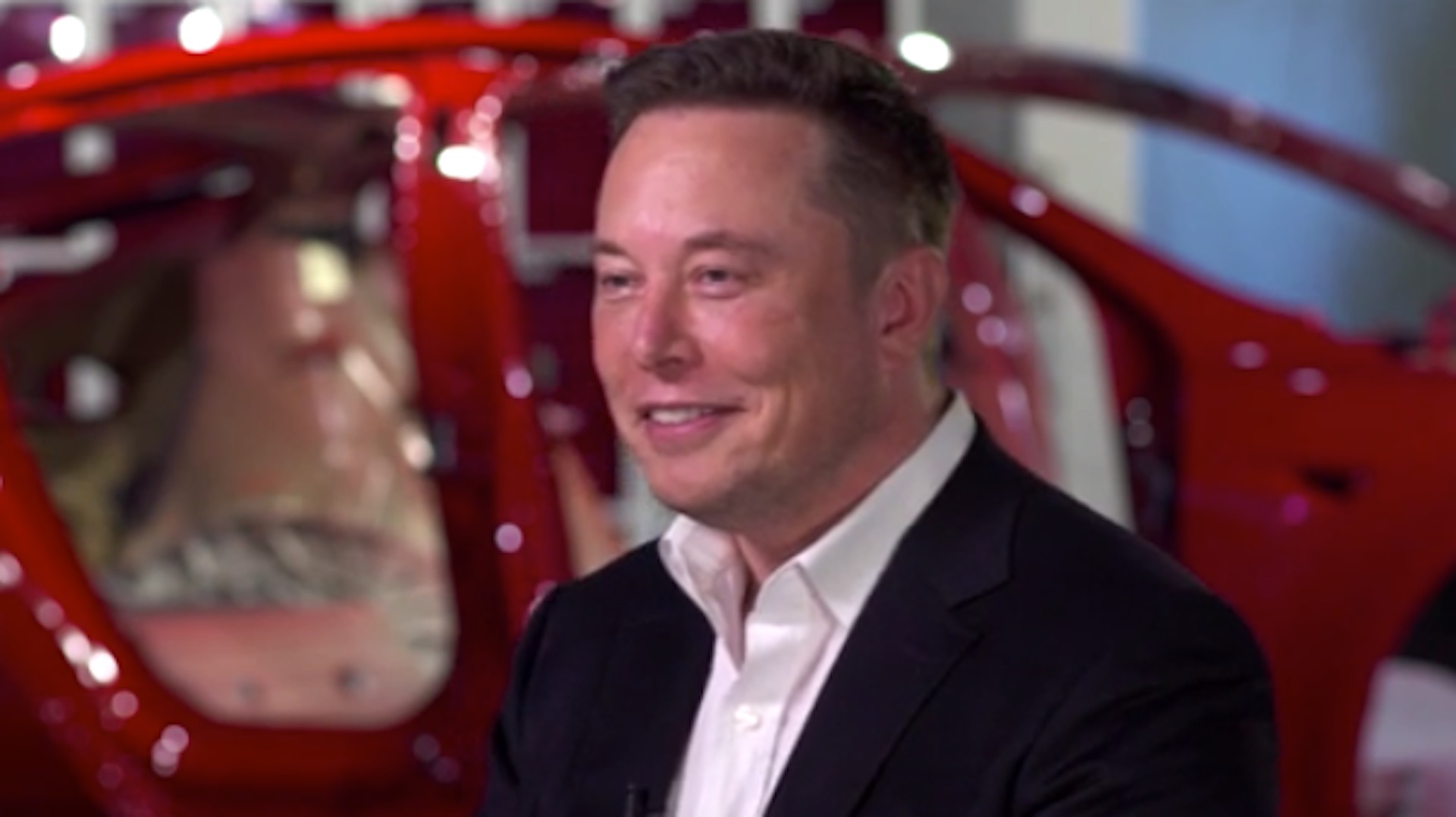Apple may be reviving its "Project Titan" electric-car program, but the tech giant had another chance to get into the car business. Tesla CEO Elon Musk tweeted on Tuesday that he once tried to sell Tesla to Apple.
"During the darkest days of the Model 3 program, I reached out to [Apple CEO] Tim Cook to discuss the possibility of Apple acquiring Tesla (for 1/10 of our current value)," Musk tweeted. "He refused to take the meeting."
It's unclear what Musk specifically meant by "darkest days," but Tesla struggled to ramp up production of the Model 3, which represented a major increase in production volume for the company. Tesla lost $619 million in the third quarter of 2017, while building just 260 Model 3 sedans out of a projected 1,500. The company resorted to setting up a tent to build the car.
Motor Authority reached out to Apple for comment, and will update this story if we hear back.
During the darkest days of the Model 3 program, I reached out to Tim Cook to discuss the possibility of Apple acquiring Tesla (for 1/10 of our current value). He refused to take the meeting.
— Elon Musk (@elonmusk) December 22, 2020
Those comments came shortly after a Reuters report that an "Apple car" could launch by 2024, using new battery technology.
A key feature of the car will be batteries with a "monocell" design, with larger individual cells than current electric cars, according to the report. This will allow more range and much lower costs, the report said.
However, Apple could still walk back its plans from building a complete car to offering an autonomous-driving system, and pandemic-related delays could push back the launch of a car to 2025, the report said.
The Apple car has had many apparent false starts. It was reportedly considered a "committed project" in 2015, with a planned "ship date" of 2019. But rather than launching a car, Apple cut back the development team in 2019, reportedly laying off 190 people. However, Apple has been steadily accumulating automotive patents over the years, indicating continued interest in the industry.
